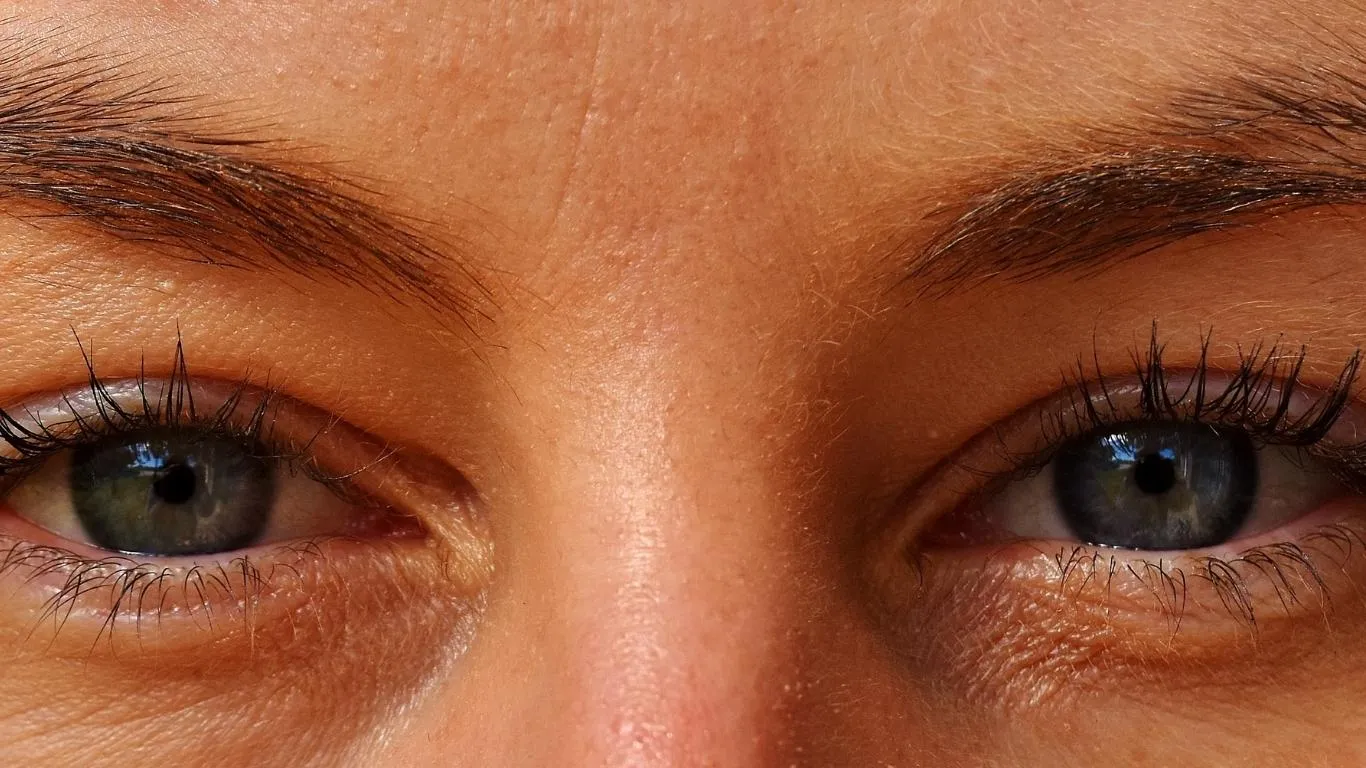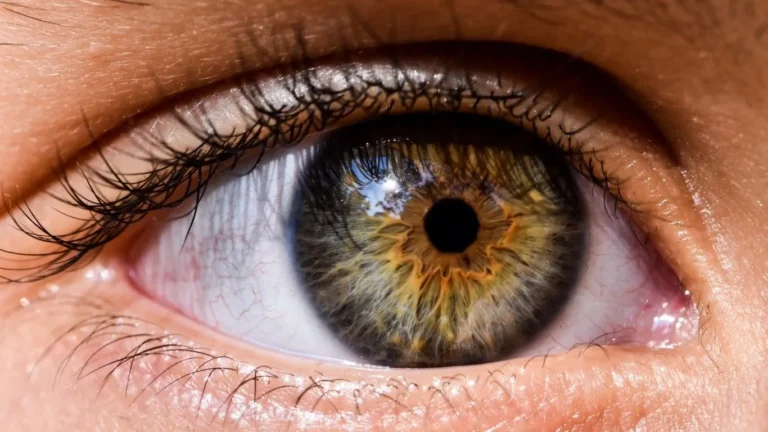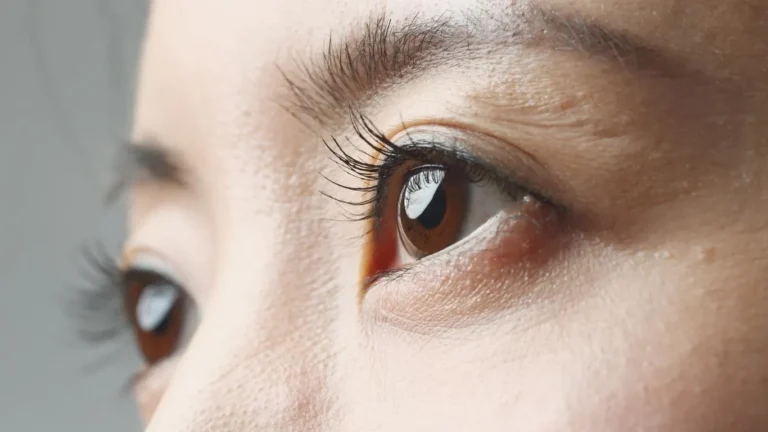Why Floaters With Feelings of Lightheadedness May Signal Trouble
It’s weird how something so small can throw your entire day off. I remember sitting at my desk one morning, sipping coffee, when those tiny squiggly floaters started dancing across my vision. As if that wasn’t enough, a wave of lightheadedness crept in — like I was about to pass out, but not quite. At first, I thought maybe I hadn’t eaten enough. But when it kept happening, I knew something was off. If you’ve ever experienced floaters with feelings of lightheadedness, you’re not alone. And it’s not just about vision — sometimes, it’s your body trying to tell you something deeper.
What Are Floaters and Why Do They Happen?
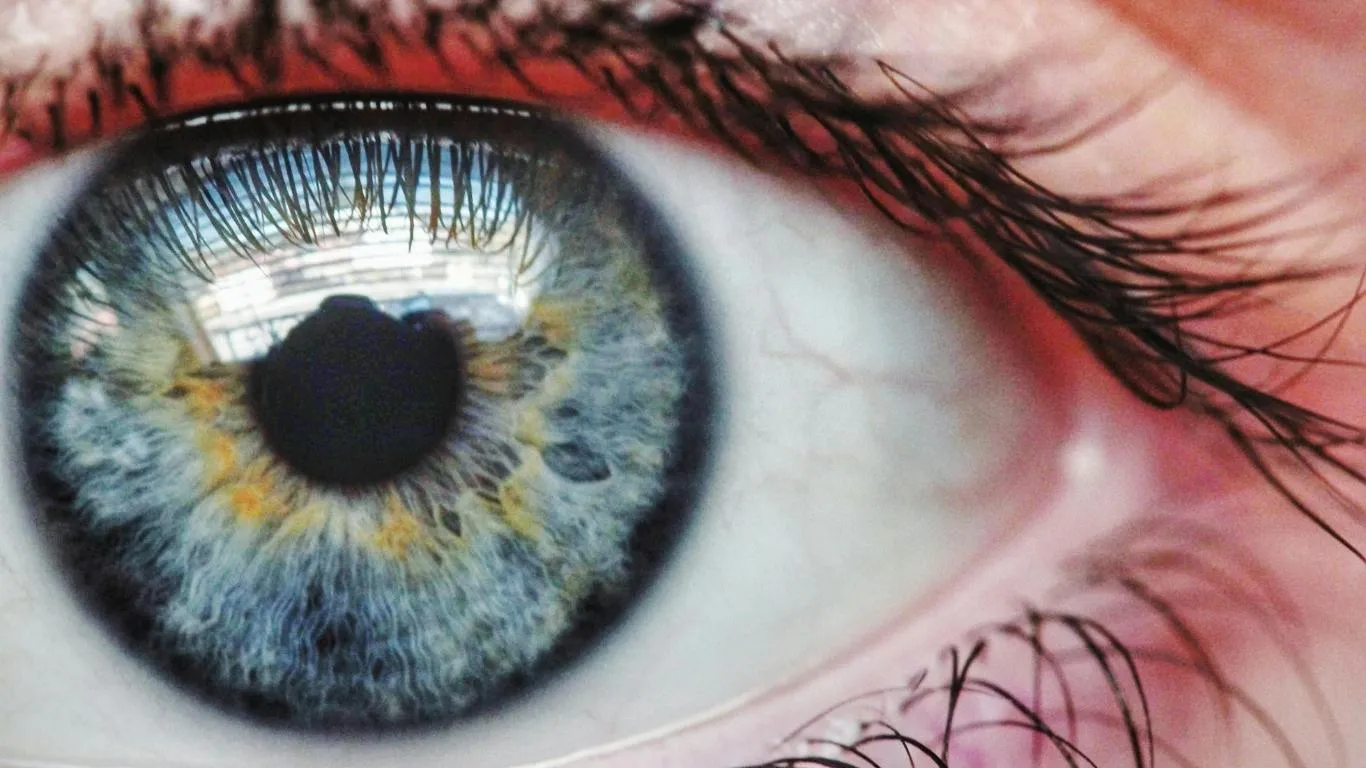
Floaters are those annoying specks or cobweb-like shapes that drift across your visual field. They’re usually caused by tiny bits of collagen breaking off inside the vitreous — the gel-like substance that fills the middle of your eye. Most of the time, they’re harmless. But when they appear suddenly, change in volume, or come with other symptoms like dizziness or faintness, it’s worth paying attention.
So, what’s going on when floaters show up with that lightheaded, dizzy feeling?
Honestly, the combination isn’t as rare as you’d think. I first started digging into this after talking to an eye specialist who mentioned it might be more common among people who deal with blood pressure fluctuations or neurological symptoms. Turns out, there are a few culprits worth considering.
Floaters with Lightheadedness: Possible Causes
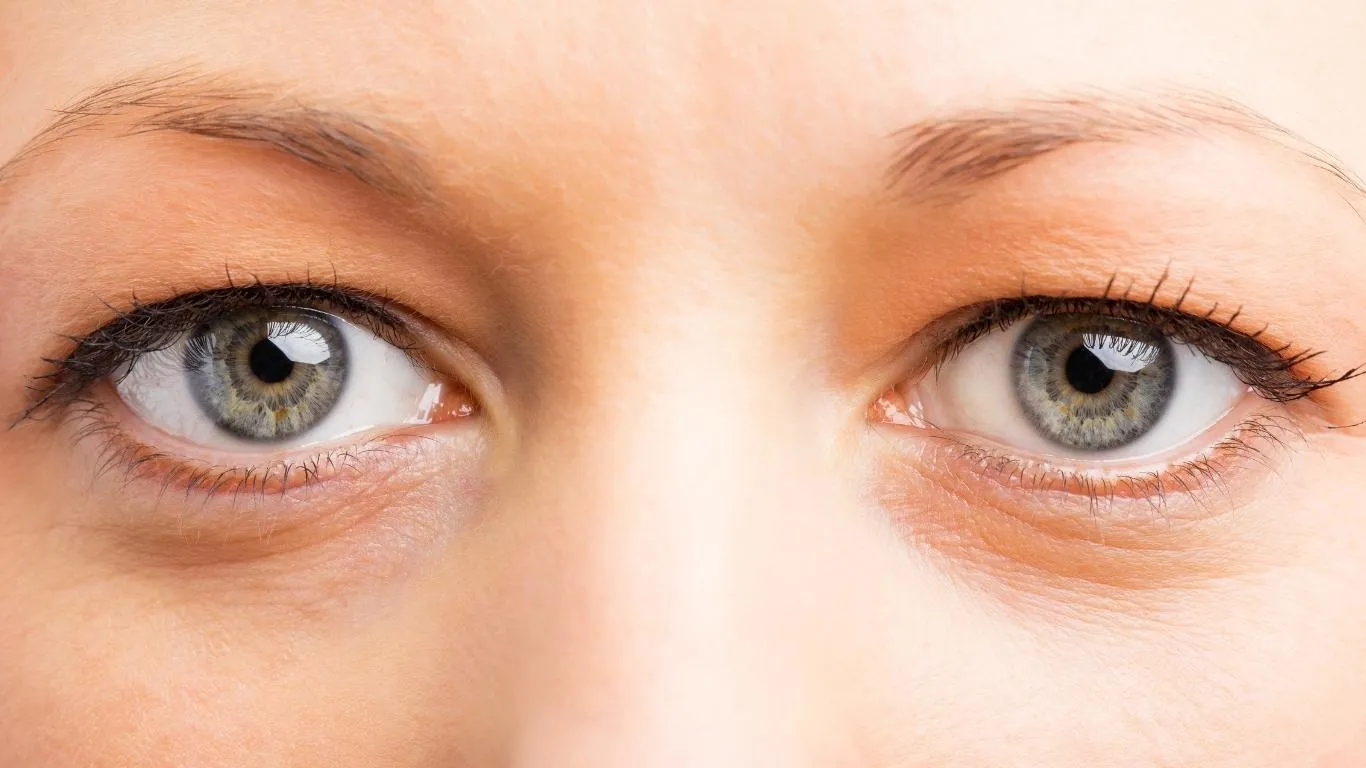
1. Blood Pressure Swings
Ever stood up too fast and felt the room spin? That sudden drop in blood pressure, known as orthostatic hypotension, can bring on both floaters and that woozy, faint feeling. When your blood pressure fluctuates quickly — especially if you’re dehydrated or haven’t eaten — your eyes and brain don’t get enough oxygen at the same time, and boom: vision disturbances plus dizziness.
People with high blood pressure might also notice floaters more often, especially if their condition isn’t well-managed.
2. Dehydration and Electrolyte Imbalance
This one hits close to home. On particularly busy days, I’d skip water without realizing it, and sure enough — the combo of floaters and that out-of-body lightheadedness would creep in. When your body lacks fluids or minerals like potassium and magnesium, your optic nerve and brain don’t function optimally. Dehydration has a direct link to floaters worsening.
3. Eye Strain from Overuse
If you’re like me and spend hours glued to screens, eye strain could be part of the problem. Digital fatigue messes with the eye’s natural focus rhythm and can increase awareness of floaters. The cherry on top? Fatigue-induced eye strain often causes lightheadedness — especially if you’re skipping breaks and working under harsh lighting.
4. Low Blood Sugar
Skipping meals, fasting, or eating a carb-heavy lunch without protein can spike and crash your glucose levels. I learned the hard way after a sugary breakfast left me dizzy and swatting at what I thought were bugs — nope, just floaters. According to some studies on the effects of glucose on eye function (see resources from ncbi.nlm.nih.gov), glucose dips affect the central nervous system and optic communication.
Learn more about low blood sugar and floaters.
5. Hormonal Shifts
Hormonal changes, especially during pregnancy or menopause, can affect fluid balance and blood vessel dilation — which may result in both lightheadedness and more visible floaters. It’s frustrating, but in many cases, temporary. However, it’s worth monitoring, especially if symptoms persist.
When to Be Concerned
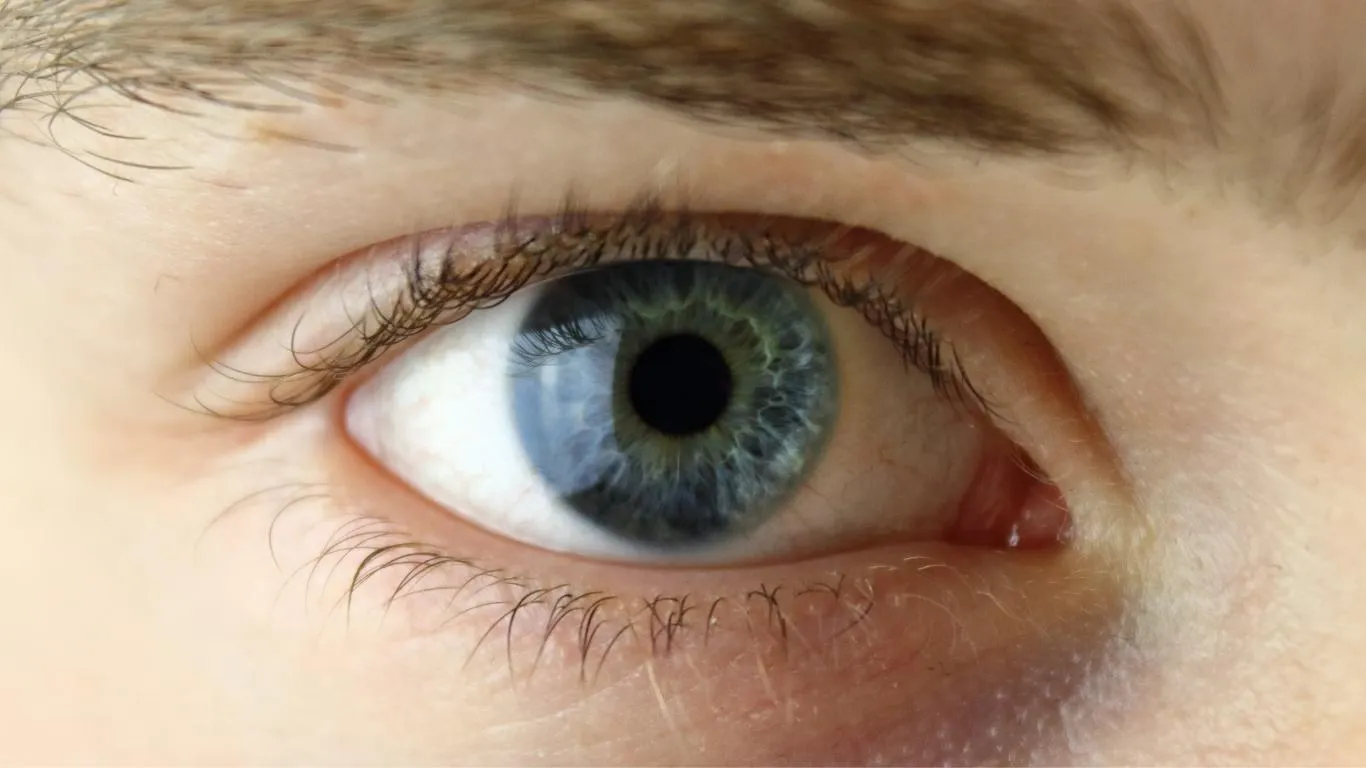
Not to sound dramatic, but any sudden increase in floaters — especially if accompanied by light flashes, a curtain over your vision, or actual fainting — should be taken seriously. You could be dealing with a retinal tear or other urgent condition. Likewise, dizziness could signal inner ear issues, cardiovascular irregularities, or neurological causes that need prompt attention.
Keep tabs on these red flags:
- Floaters appear suddenly and multiply quickly
- Flashes of light or vision loss occur simultaneously
- Feeling faint is frequent or intensifies
- You have underlying conditions like diabetes, high BP, or migraines
For a deeper understanding of eye health and serious floaters-related risks, check out our full guide on when floaters become dangerous.
What I Did That Actually Helped
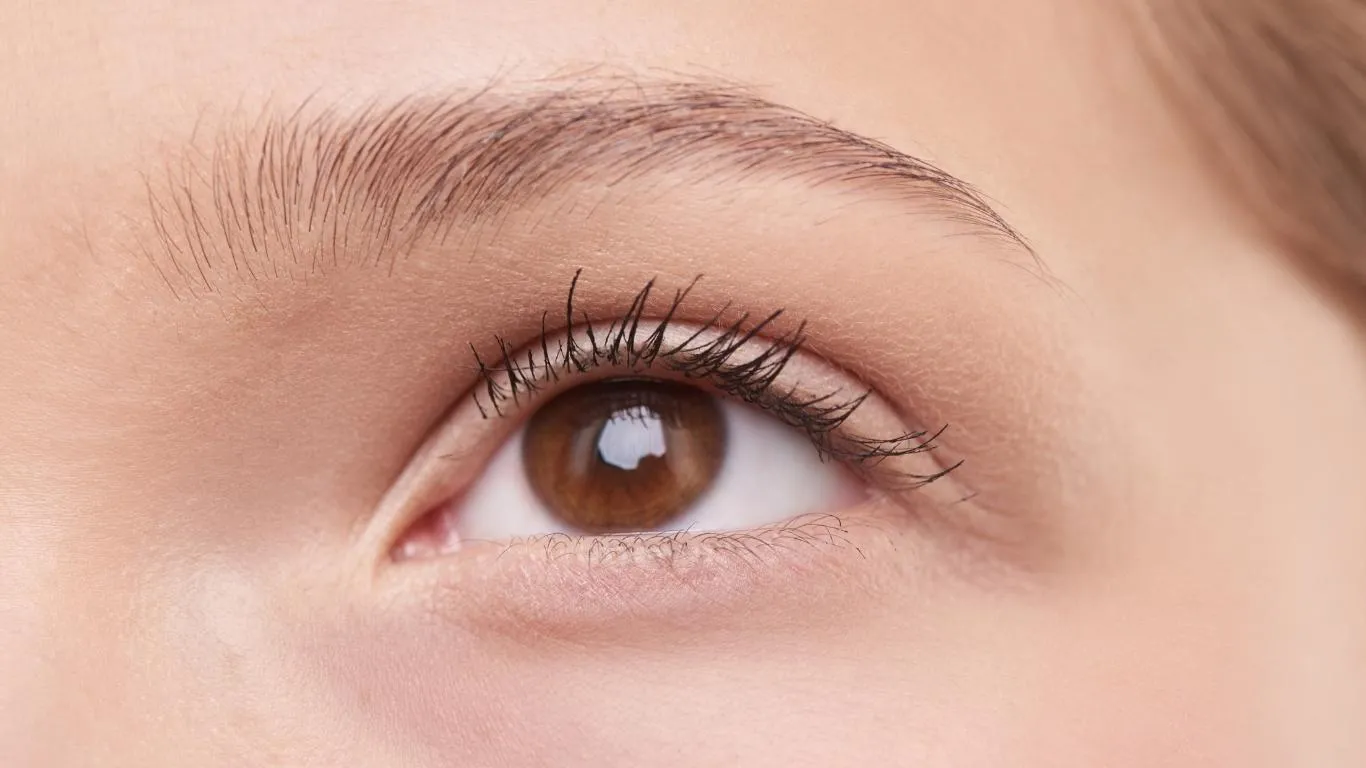
Here’s the thing: it wasn’t a magic pill. But a few adjustments really helped me regain control:
- Hydration: Upping my water intake made a noticeable difference.
- Balanced Meals: Small, regular meals with protein helped avoid crashes.
- Screen Breaks: 20-20-20 rule saved me — every 20 minutes, look at something 20 feet away for 20 seconds.
- Supplements: After chatting with my doc, I started incorporating magnesium and lutein-rich foods.
Oh, and this article really pulled it all together for me: What Are Eye Floaters: Causes, Symptoms & Treatment — worth a read if you’re feeling overwhelmed.
For a complete breakdown of natural and clinical approaches to managing floaters, check out this helpful overview: Eye Floater Treatments.
Can Stress and Anxiety Cause Floaters with Lightheadedness?
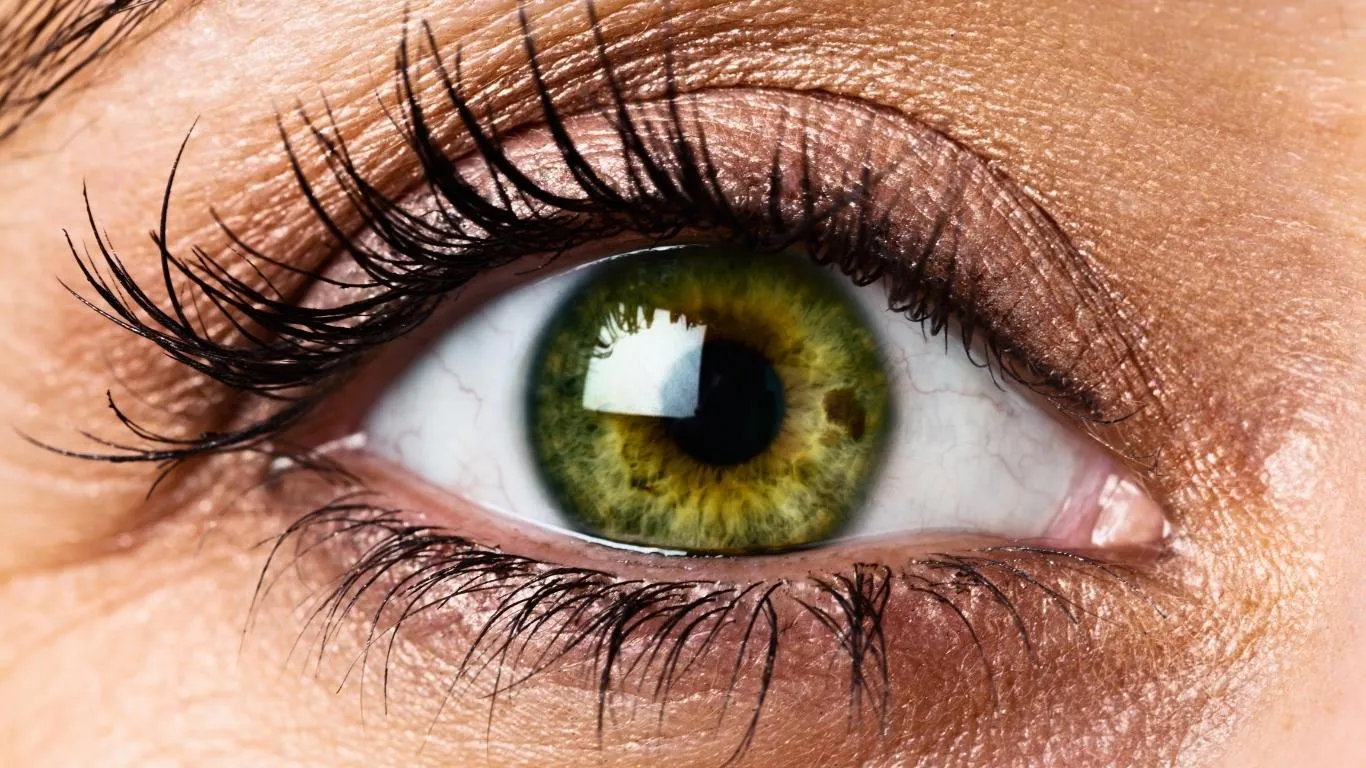
I can’t tell you how many times I thought I was seriously ill, only to realize I was just dealing with chronic stress. And yes — stress does all sorts of weird things to the body. For me, the worst was the lightheaded sensation mixed with floaters that seemed to get worse the more I panicked about them. Turns out, there’s a pretty solid explanation.
When you’re stressed or anxious, your adrenaline and cortisol levels spike. This leads to increased heart rate, shallow breathing, and yes, even changes in blood pressure. All of that can make you feel dizzy, especially if you’re not breathing deeply. At the same time, stress causes muscle tension — including in the neck and around the eyes — which can contribute to increased perception of floaters.
Even more frustrating, the more you notice the floaters, the more anxious you get. It’s a cycle — one that’s common and real.
Other Medical Conditions to Consider
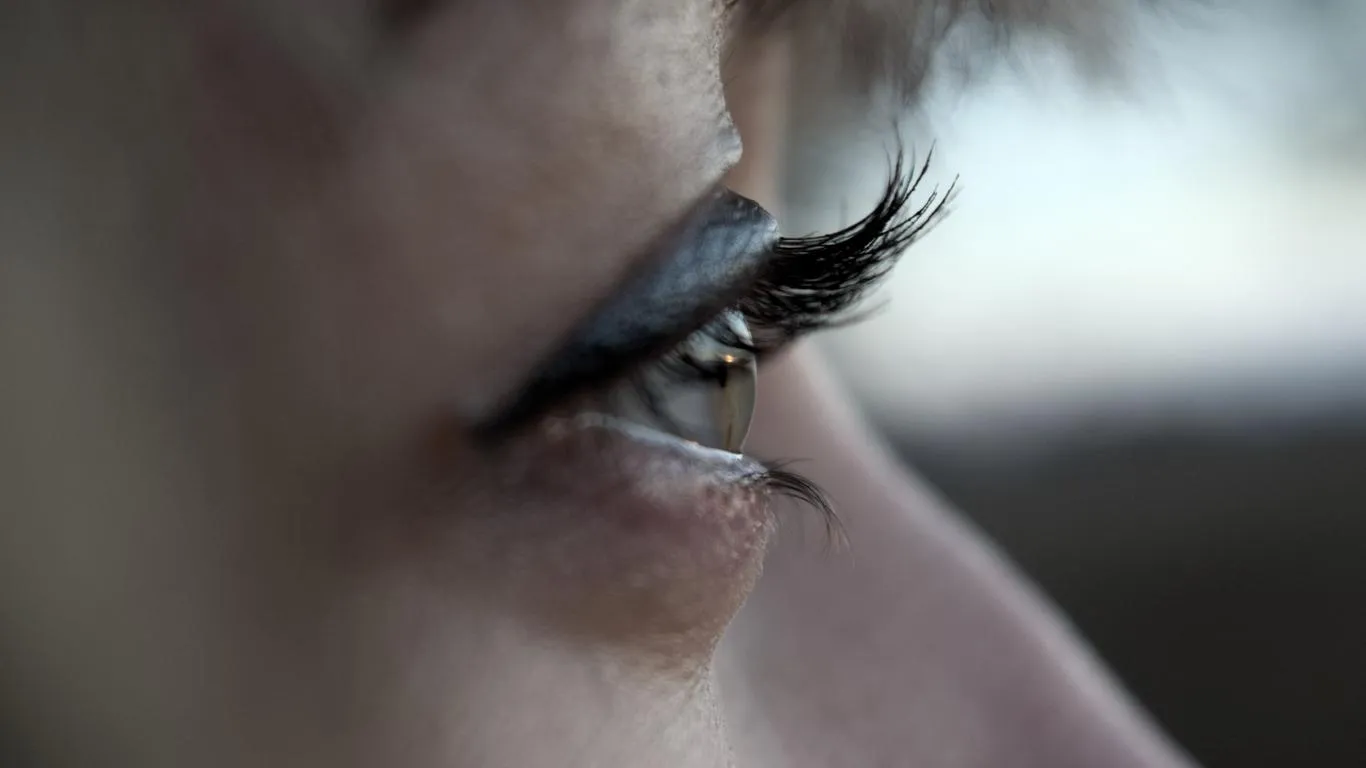
Though floaters themselves aren’t usually dangerous, when they show up with persistent feelings of lightheadedness, it may point to something deeper. I’ve come across several cases (including my cousin’s experience) where it ended up being more than just stress or tired eyes.
1. Inner Ear Disorders
Conditions like vestibular neuritis or Meniere’s disease impact your balance system. Your eyes and ears work together to maintain orientation. When your inner ear sends confusing signals, your eyes can start seeing floaters more vividly as your brain scrambles to stabilize things. Combine that with dizziness, and it can feel downright disorienting.
2. Vision and Neurological Issues
Optic neuritis, migraines, or even multiple sclerosis can include visual disturbances and balance issues. Some individuals have reported floaters as part of their MS symptoms, often coupled with vertigo or eye pain.
3. Autoimmune Disorders
Inflammatory diseases like lupus and rheumatoid arthritis can affect eye health. Floaters with lightheadedness might be signs of systemic inflammation affecting the eyes and central nervous system. It’s worth noting that autoimmune-related floaters often show up with other subtle symptoms — fatigue, light sensitivity, and foggy concentration.
4. Retinal Issues
Although more rare, conditions like retinal tears or hemorrhages can cause floaters, sometimes accompanied by a fainting sensation due to a vasovagal response — especially in people sensitive to visual trauma.
Everyday Triggers You Might Overlook
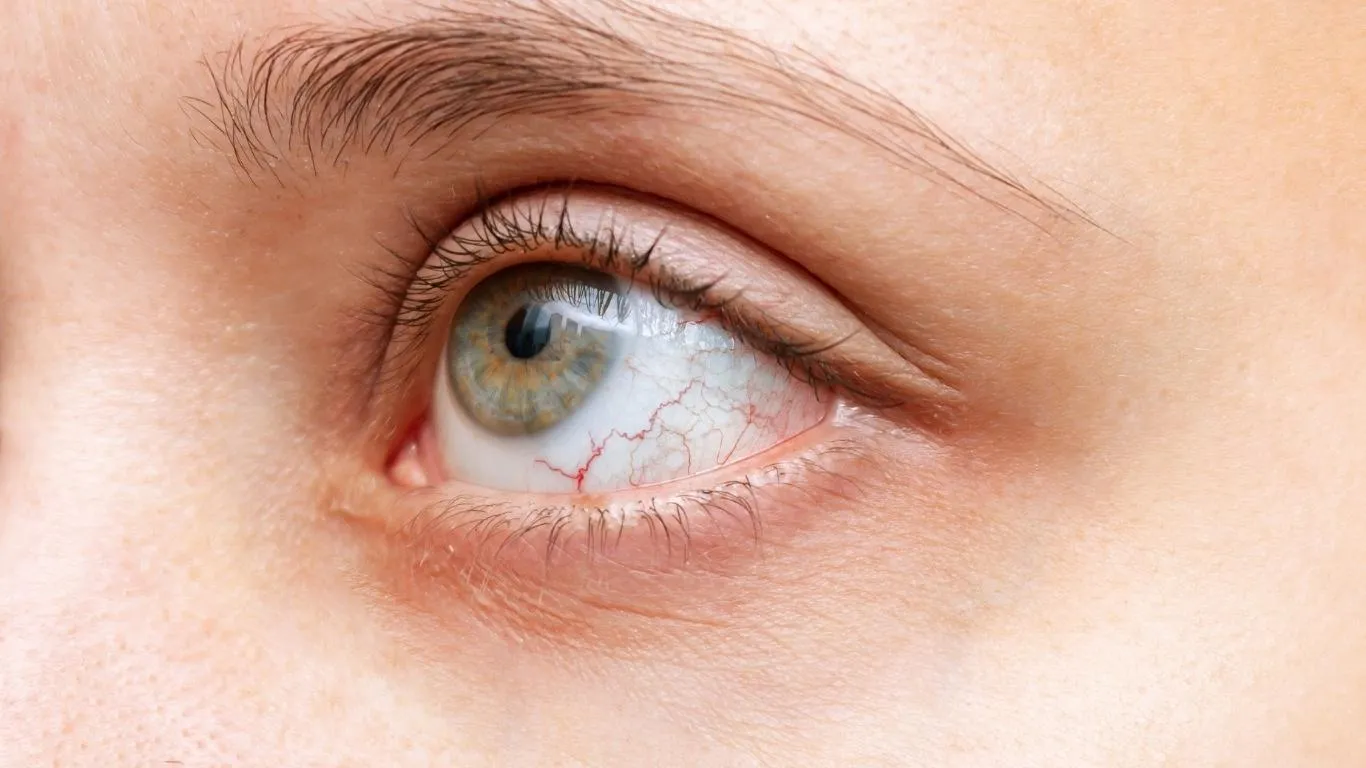
Sometimes the answer isn’t a scary condition, but just a combination of small daily habits. I kept a journal for two weeks, and patterns started to emerge. Some things that triggered my floaters and lightheadedness more often than not:
- Bright sunlight after being indoors all day
- Skipping breakfast (especially if I’d had caffeine)
- Not wearing computer glasses while working long hours
- Low iron levels — I was borderline anemic
- Sleeping poorly, then jumping into a high-stress morning
One interesting insight? Bright light exposure made my floaters way more apparent. Add dizziness to the mix, and I’d be holding onto the kitchen counter just to feel stable.
What Actually Helped Me Regain Control
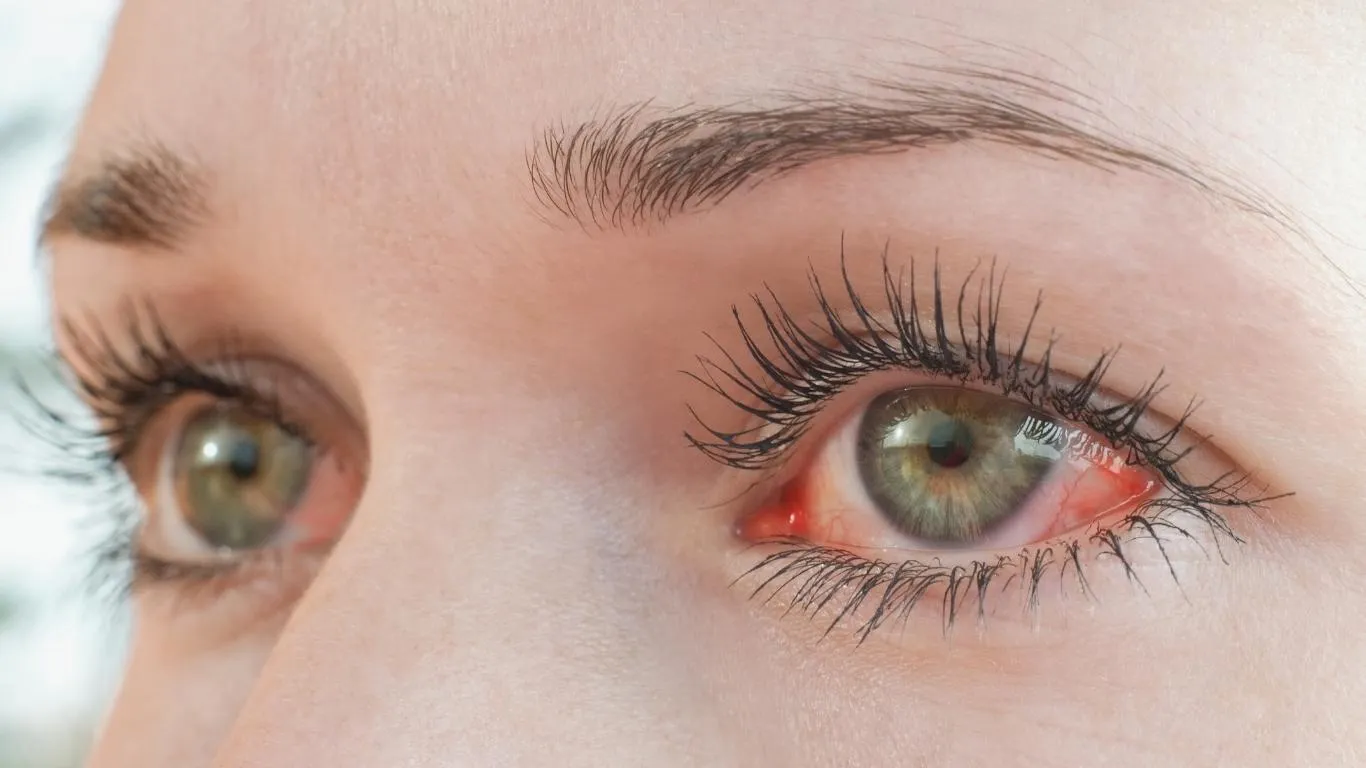
I’m not going to claim I cured my floaters — that’s just not how they work. But I learned to manage them, especially when that dizziness crept in too. Here’s what worked (with the help of my optometrist and GP):
- Tracking Symptoms: I kept a note on my phone to log when floaters and dizziness hit. Patterns popped up that I’d never noticed before.
- Better Nutrition: More greens, fewer processed carbs. I also started adding eye-friendly supplements to my routine.
- Eye Exercises: I was skeptical, but following a few techniques from this article really made a difference: Best Eye Exercises for Reducing Floaters.
- Mindfulness Breathing: Especially when dizziness hit. Slowing my breath helped rebalance my senses quickly.
I also spent some time reading up on overall floater management. This main guide on eye floaters helped me connect the dots. For a breakdown on how to tell floater symptoms apart from other eye issues, this visual guide is golden.
When to See a Specialist
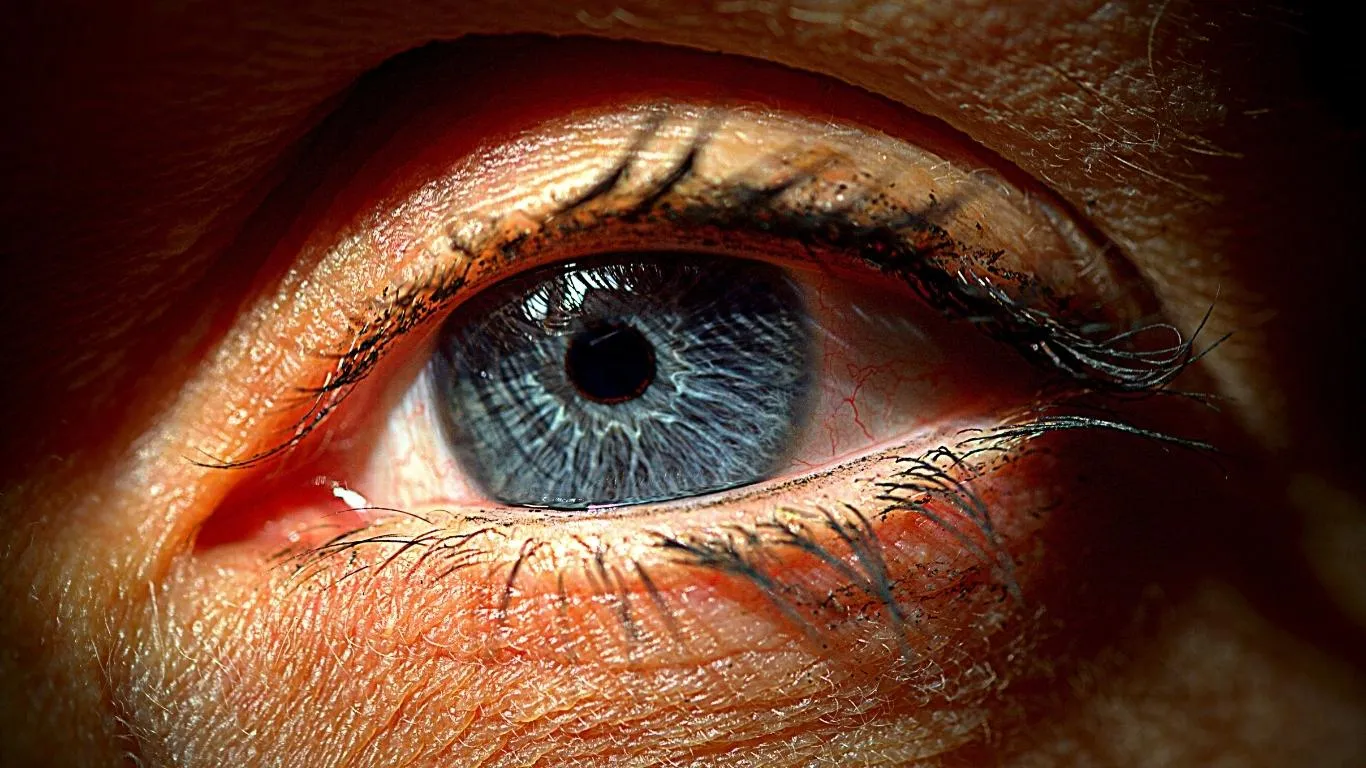
Here’s my honest take: If you’re getting floaters often and they come with feelings of lightheadedness — don’t ignore it. Especially if:
- You’re over 40 and symptoms are increasing
- You have a family history of eye or neurological conditions
- There’s vision loss, flashing lights, or intense fatigue involved
- You’ve had recent head trauma, illness, or eye surgery
It took me a couple visits to get real clarity. But once I did, the peace of mind alone made everything easier to manage.
If you’re starting to track new symptoms or wondering if what you’re experiencing is normal, this guide is incredibly useful: How to Track Changes in Eye Floaters.

Camellia Wulansari is a dedicated Medical Assistant at a local clinic and a passionate health writer at Healthusias.com. With years of hands-on experience in patient care and a deep interest in preventive medicine, she bridges the gap between clinical knowledge and accessible health information. Camellia specializes in writing about digestive health, chronic conditions like GERD and hypertension, respiratory issues, and autoimmune diseases, aiming to empower readers with practical, easy-to-understand insights. When she’s not assisting patients or writing, you’ll find her enjoying quiet mornings with coffee and a medical journal in hand—or jamming to her favorite metal band, Lamb of God.

